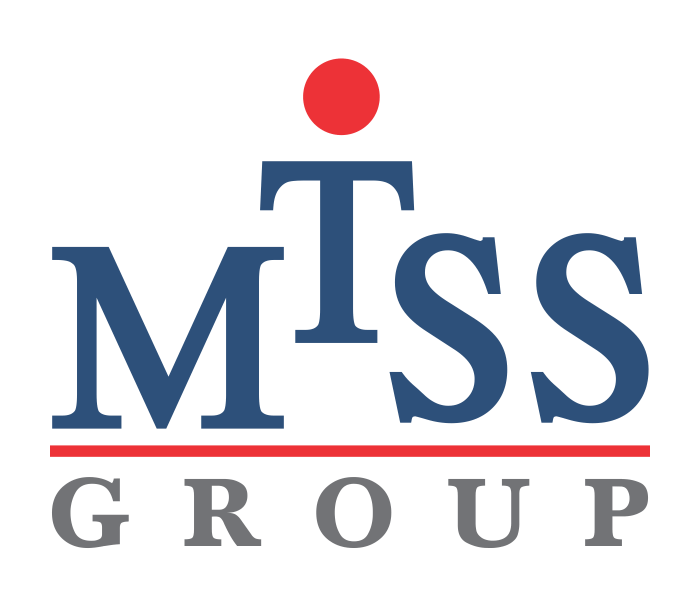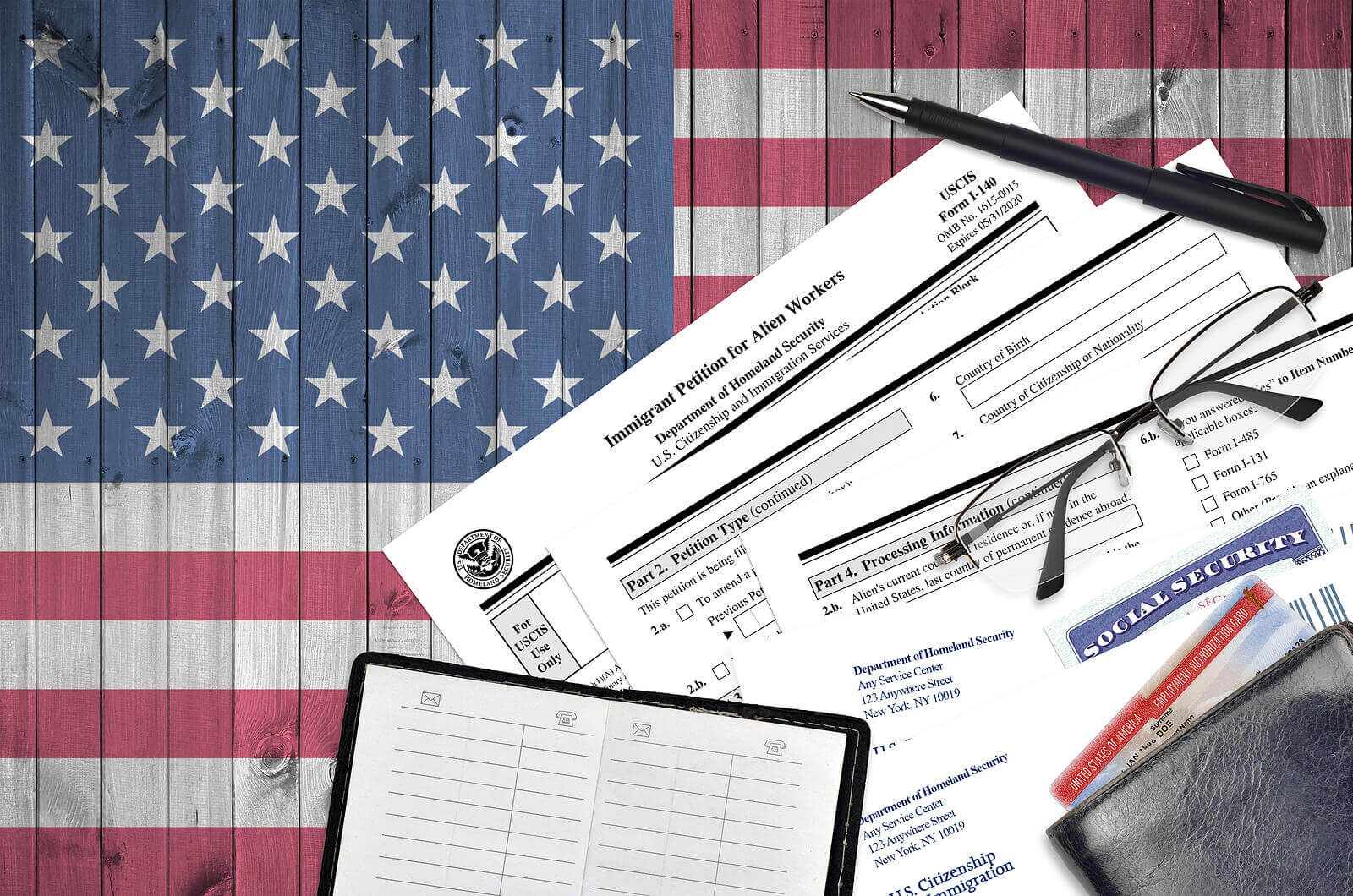Sweeping Changes by the New Biden Administration
Despite being in power for less than 2 weeks, President Joe Biden has already reversed many of the Trump administration’s damaging immigration policies. The Biden administraton is retooling USCIS with pro-immigration leaders, such as Alejandro Mayorkas, which should lead to improvements in processing and adjudication at the agency. Through executive orders and proclamations, the Biden administration has:
- Revoked the Muslim and African travel bans
- Issued a 100 day pause on deportations
- Halted border wall construction
- Increased accountability by ICE and CBP
- Ended the inhumane childhood separation policy at the border
- Blocked the Trump administration’s attempt to discount the undocumented from the census
- Extended Syrian TPS by 18 months
- Ordered immigration agencies to preserve the DACA program
The administration has also presented to Congress a broad immigration reform package that would legalize 11 million undocumented people, and significantly boost priority dates by ending per-country caps and reclaiming unused immigrant visa numbers from prior years. The Biden immigration bill faces stiff Republican opposition and is unlikely to pass as a whole. More likely, pieces of the bill will be passed over time through bi-partisan negotiation or budget reconciliation.
The most important changes in the area of H-1B/H-4 law are as follows. The administration has:
- Withdrawn a USCIS proposal to revoke the H-4 EAD rule
- Revoked the Buy American Hire American order, which was the basis for very high RFE and denial rates in recent years
- Cancelled final rules that have not yet gone into effect, such as the recent H-1B/DOL rule on employer control. That rule would have required end-clients in third party arrangements to file LCAs and concurrent H-1B petitions. The rule also sought to resurrect the January 2010 Neufled Memo, which expanded employer control documentation requirements for many years before being withdrawn in June 2020 pursuant to the ITServe settlement.
- Instructed USCIS to delay implementation of its H-1B cap rule, which effectively requires H-1B petitioners to file cap registrations with Level 4 wages to have any chance of being picked in the lottery. Though USCIS confirmation is pending, that rule is now expected to take effect next year and not this cap season (March 2021).
Another DOL rule, to increase the prevailing wages in the OES wage data system, has also been delayed by 60 days, now taking effect on May 14, 2011. Court challenges are expected against both the DOL prevailing wage rule and the H-1B cap rule. A prior version of the prevailing wage rule was blocked by courts in December 2020, and the new version still suffers from the same procedural flaws as the overturned rule. The H-1B cap rule similarly suffers from statutory deficiencies. It will be up to courts and the Biden administration to decide whether to overturn these rules.

